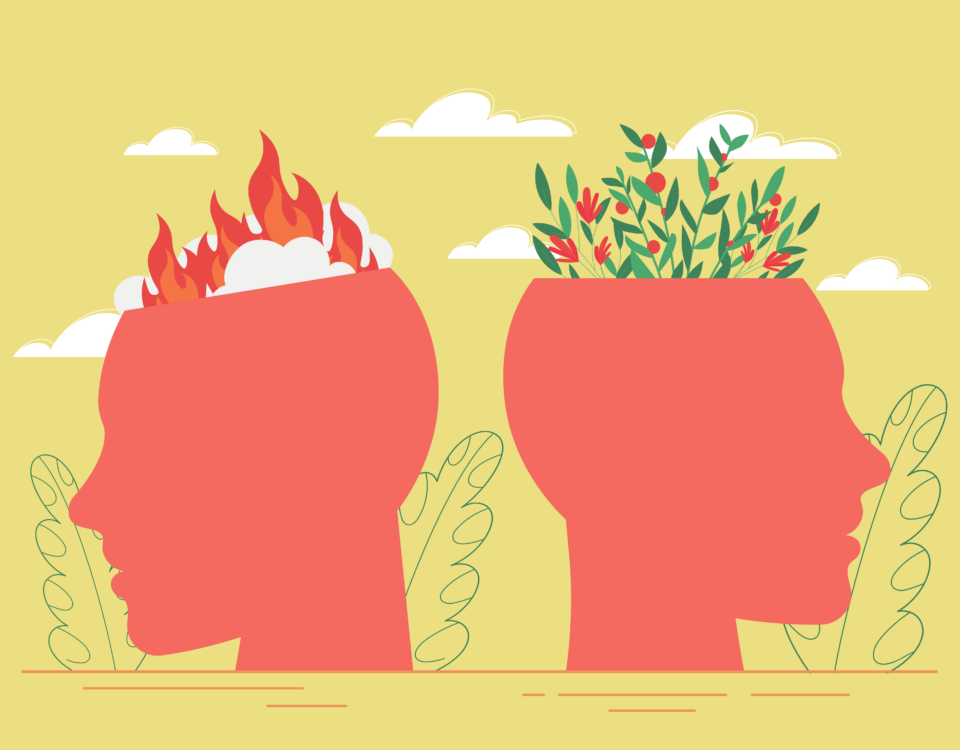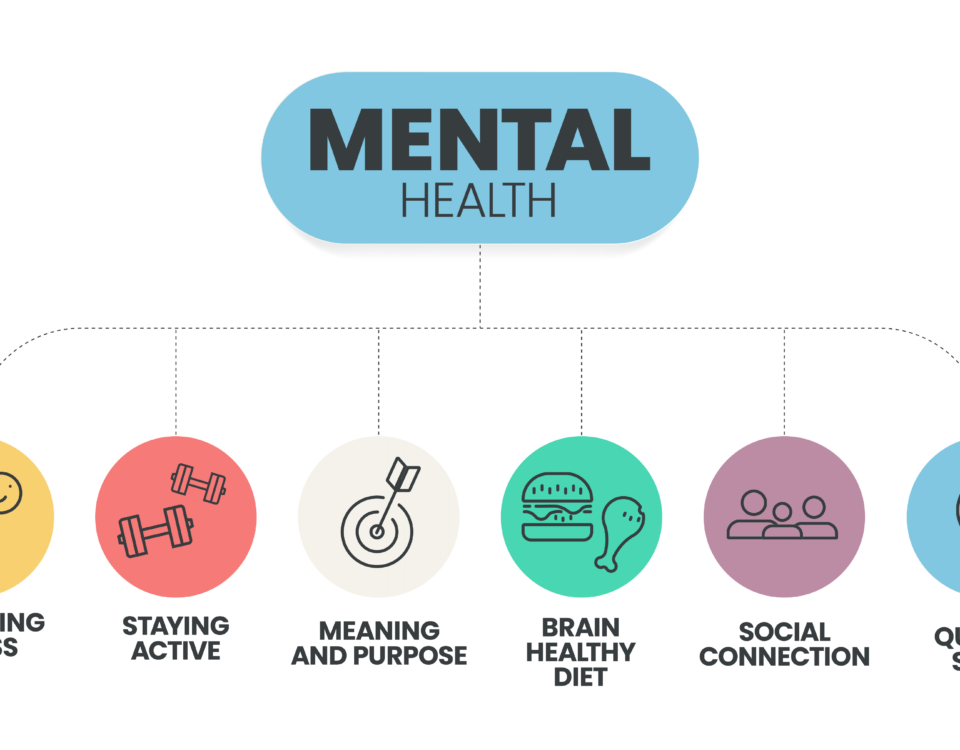If you’ve ever experienced a highly stressful event or series of events, then you may be experiencing some lasting side effects.
A traumatic experience or event is an incident that causes severe physical, emotional, spiritual, or psychological harm. Examples of traumatic events include natural disasters, sexual assault, physical assault, witnessing the death of someone, witnessing a shooting or stabbing, the sudden death of a loved one, and more. Negative thoughts and emotions associated with a traumatic experience can dissipate, but people going through trauma who continue to experience symptoms like flashbacks or anxiety about the incident may need more help. Our drug rehabilitation center is sharing some tips on how to heal from trauma so you can move forward.
What Is Emotional Trauma?
To learn how to move past trauma, you must first understand what it is and why it happens. Both emotional and psychological trauma can result from experiencing extremely frightening or distressing events. The depth of the trauma relates to the intensity of the person’s negative emotions surrounding the event. This means that the same experience could have different effects on different people. Getting through a traumatic experience can take time and effort because these events often shatter your sense of security and produce feelings of fear so severe that your everyday life is affected.
Some common signs of emotional and psychological trauma include:
- Shock, denial, or disbelief
- Confusion
- Difficulty concentrating
- Anger or irritability
- Mood swings
- Anxiety and fear
- Guilt and shame
- Self-blame (especially in people who survived an incident that others did not)
- Isolation from others
- Feeling sad or hopeless
- Feeling disconnected or numb
- Insomnia
- Nightmares or night terrors about the incident
- Fatigue
- Being easily startled
- Edginess and agitation
- Unexplainable aches and pains
- Muscle tension
It’s also important to “listen for PTSD,” as that voice changes such as slower speech, more pauses when speaking, and monotone speech can also indicate that someone has experienced trauma. Over time, these symptoms normally subside, and the person can carry on with their life without major disruption. However, in cases where symptoms of trauma persist, a more concerning issue may be present.
Post-traumatic stress disorder (PTSD) is the end result of unresolved symptoms of emotional, physical, or childhood trauma. PTSD is a mental condition that’s triggered by a traumatic experience. This condition is characterized by symptoms like flashbacks, nightmares, severe anxiety, and uncontrollable thoughts about the event. If you suspect that you may have PTSD or are currently dealing with trauma, get help. Banyan Treatment Centers offers mental health treatment in Florida that can help you recover.
Questions about our Facilities or Programs?
Our admissions coordinators are available 24/7 to answer any questions you may have as you consider whether treatment at Banyan is right for you or your loved one.
Tips on How to Heal From Past Trauma
Getting over trauma on your own can be difficult. If you have a formal mental illness such as post-traumatic stress disorder, professional treatment can help. Even so, there are things you can do on your own to help you heal from trauma and sustain your recovery from trauma-related mental illness. Below are some tips on how to heal from the trauma that may help you recover from the impact of a traumatic experience or supplement any mental health treatment you’ve received.
Acknowledge It
As tempting as it may be to ignore your symptoms of trauma or try to forget a traumatic event, a key to learning how to heal from trauma and make peace with the past is to acknowledge these feelings. Try to identify things that trigger memories or thoughts of the event and learn how to cope with or avoid them whenever possible. When you experience difficult moments related to the incident, face your feelings head-on. You want to be able to acknowledge your symptoms so you can move past them. Denial won’t help.
Avoid Isolating Yourself
One of the most important tips for getting over emotional trauma is to never isolate yourself from other people. Isolation promotes loneliness and makes it easier for you to sit and dwell on thoughts of the past. Instead, keep yourself surrounded by loved ones. Hang out with friends and family, go to the movies, go have dinner, do fun things. Anytime you’re having a moment of anxiety or a flashback about the event, separate yourself from the situation or do something that will take your mind off of it.
Join a Support Group
Trauma-related issues can make you feel helpless and isolated, but the truth is that there are many other people who have experienced similar things. You are not alone, and with that being said, a great way to recover from trauma is to join a support group. Even if you have a strong support system back home, people who haven’t experienced trauma won’t be able to relate to your situation entirely. Join a support group for trauma where you can talk with and connect with others who are in the same boat and can motivate you and give you tips on how to heal from past trauma. Group therapy is a common aspect of Banyan’s residential mental health program because we know that peer support offers a special level of care in treating trauma.
Exercise
Our rehab center recommends exercising for recovery from addiction, mental illness, and co-occurring disorders because it boosts mood, reduces stress, and helps you combat intrusive thoughts. Considering that traumatic experiences can spark anxiety and nervousness, exercise can be especially beneficial to you as you heal from past trauma. Deep breathing, gentle stretches, and yoga are also great options.
Getting into treatment is easy with our free insurance verification
"*" indicates required fields
Find Treatment
The stress and anxiety caused by a traumatic event can be crippling. Untreated trauma can spiral out of control and lead to more severe conditions like PTSD. The best way to recover from trauma is to get professional help. Our Banyan mental health facility offers PTSD treatment that incorporates various individual and group therapy methods to help patients recover from trauma and regain control of their lives.
Our drug rehab facilities are in the business of treating addiction, mental illness, and co-occurring disorders. If you or a loved one is battling an addiction or mental disorder, call Banyan now at 888-280-4763 to learn more about our mental health services and drug treatment programs.
Related Readings:
rehenderit in voluptate velit esse cillum dolore eu fugiat nulla pariatur. Excepteur sint occaecat cupidatat non proident, sunt in culpa qui officia deserunt mollit anim id est laborum.








